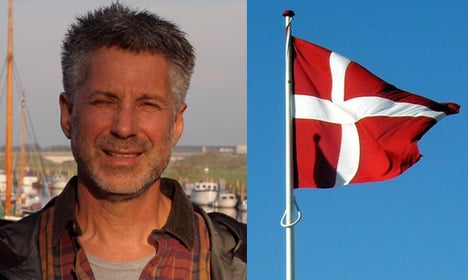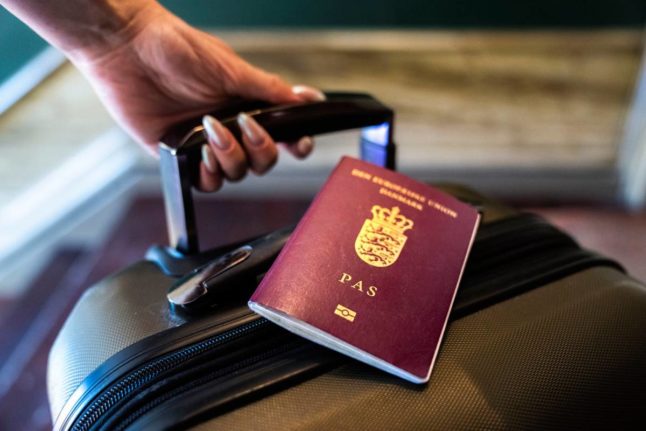A group of “well-integrated and frustrated foreigners” is staging a protest on Thursday to voice their displeasure with Denmark's citizenship process.
In a press release, the group decried the long processing times and confusing information from the authorities that make applying for Danish citizenship an “unfair obstacle course”.
“We have a heartfelt need to make politicians and the public aware of the, mildly said, poor conditions we experience in the very long, frustrating and unreasonable process before we – possibly – finally can see our names on a Danish law giving us Danish citizenship,” organizers wrote.



 Please whitelist us to continue reading.
Please whitelist us to continue reading.